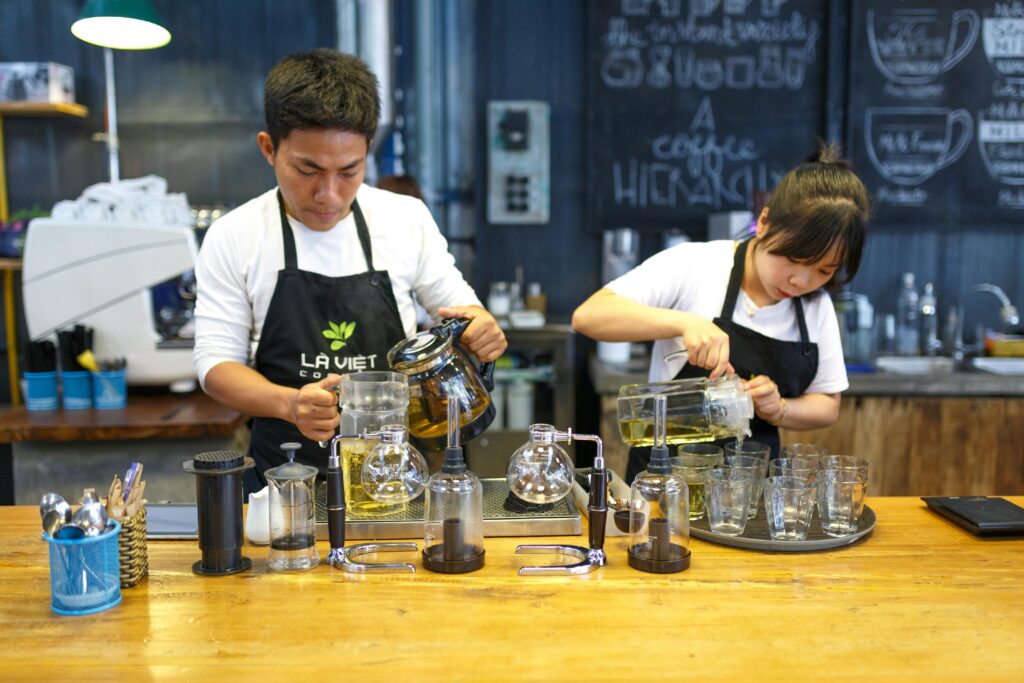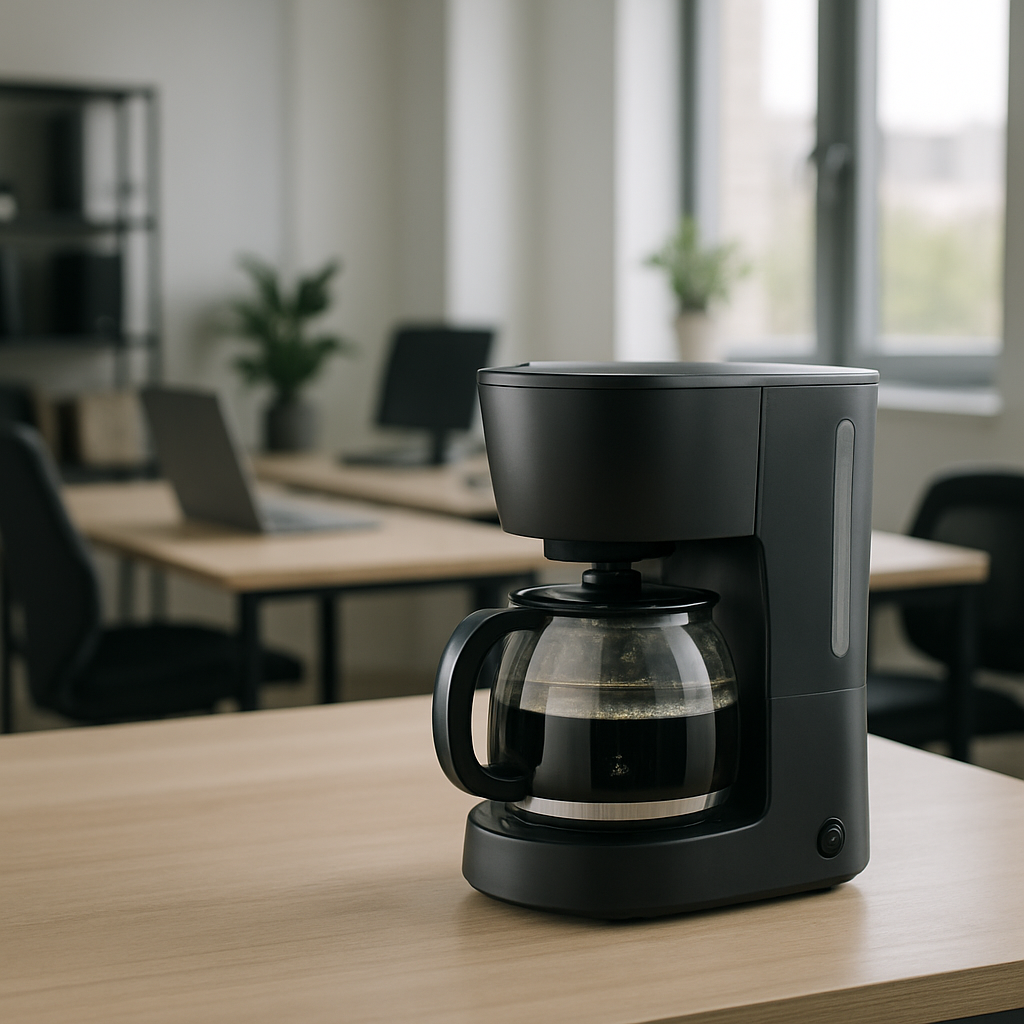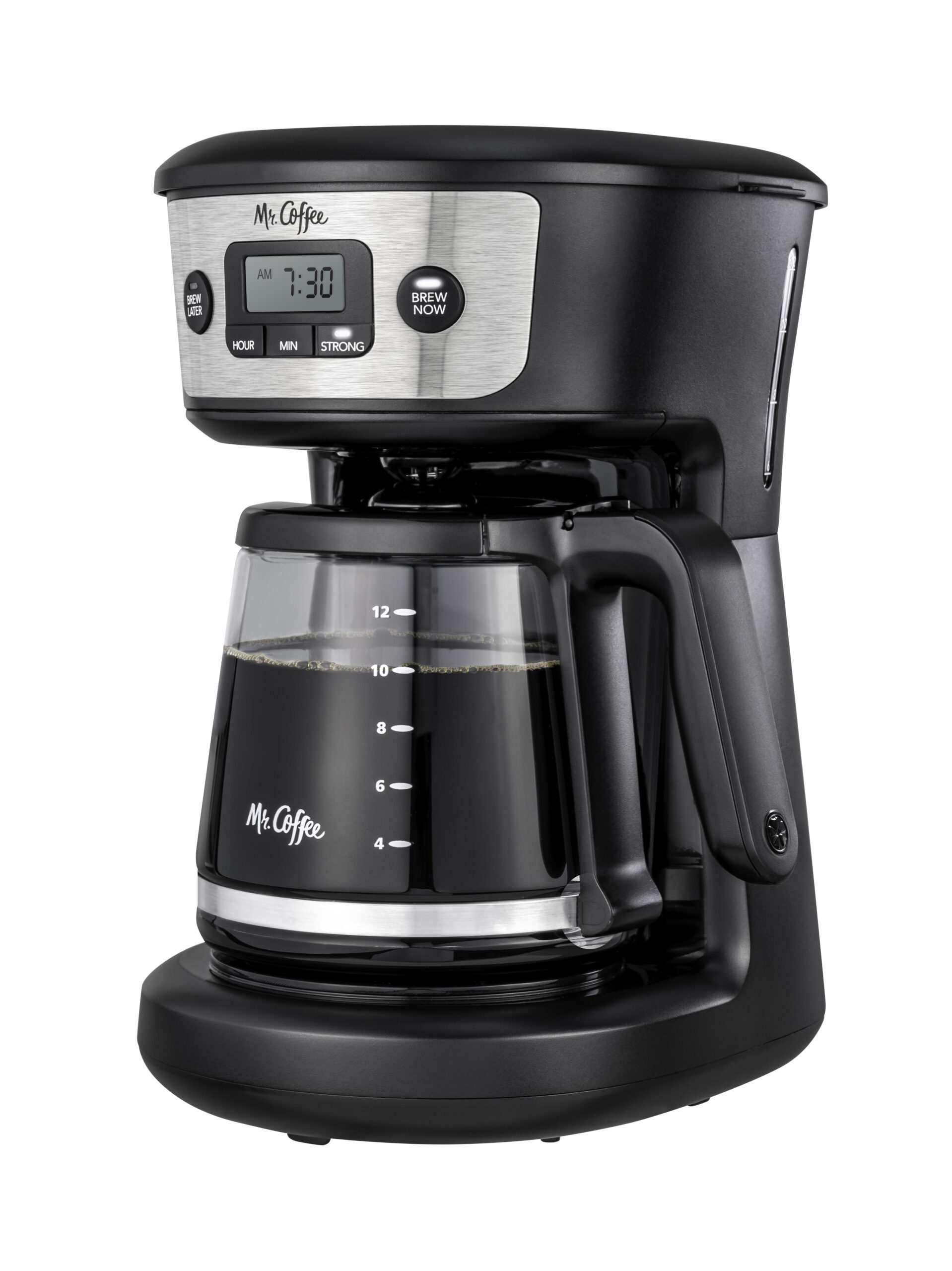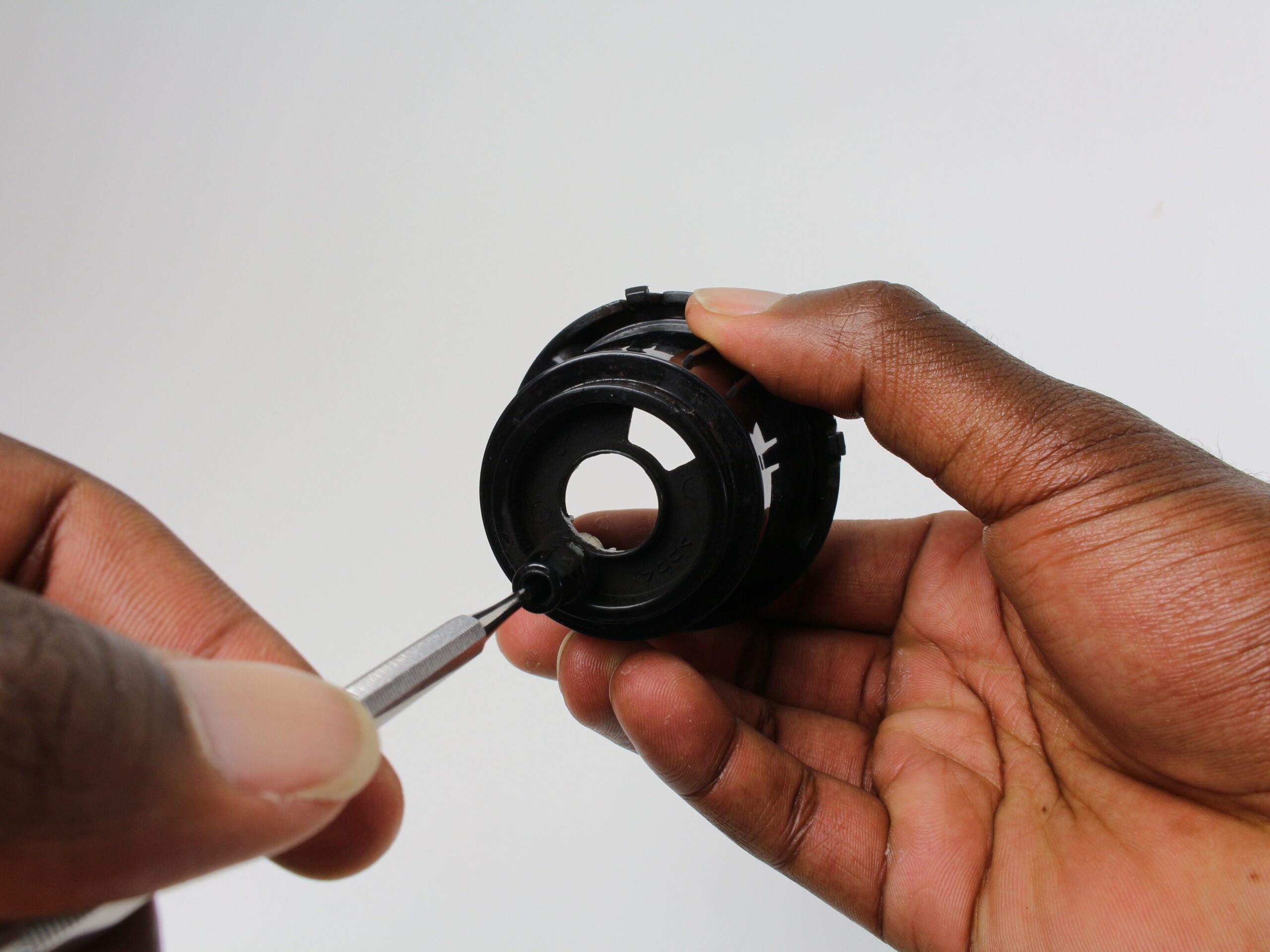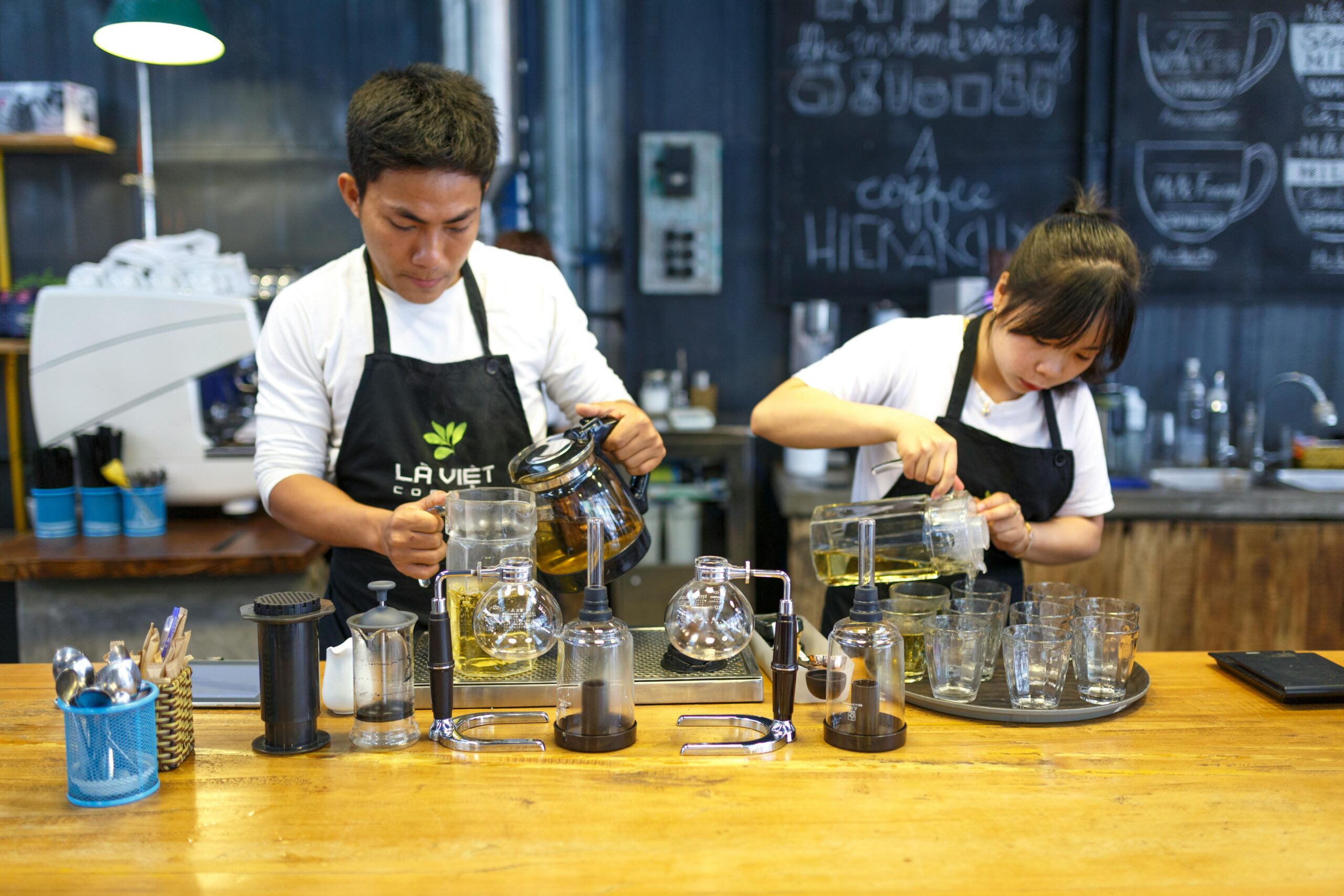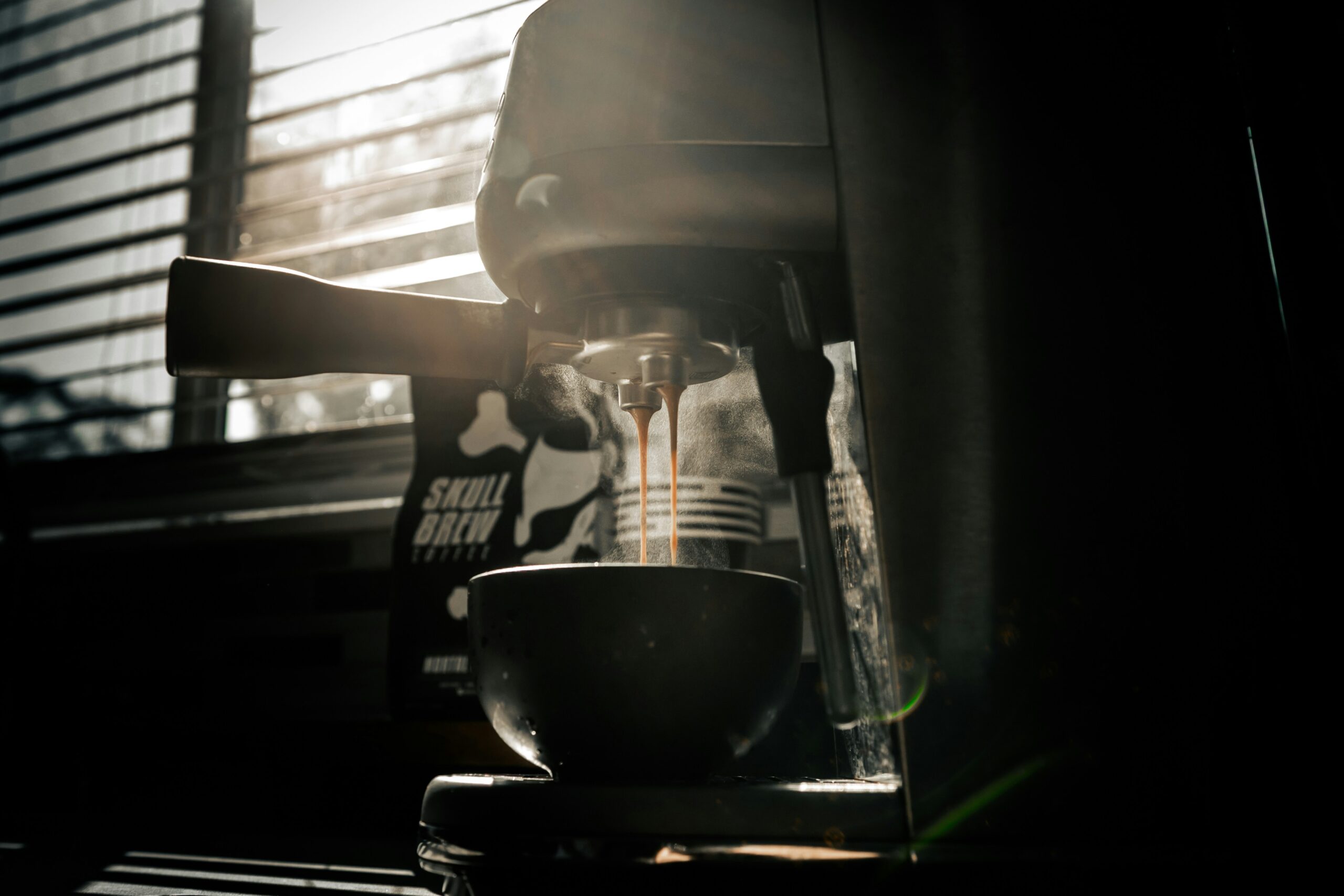Are plastic coffee makers safe? This question has sparked debate among coffee lovers worldwide. The problem is that many coffee machines contain plastic components that may leach chemicals into your daily brew. Concerns about BPA, heat exposure, and long-term health effects make people uneasy. But stressing over every sip can ruin the joy of your morning cup. The good news? With the right knowledge, you can understand the risks, choose safer options, and enjoy your coffee without worry.
The Role of Plastic in Coffee Makers
Plastic is lightweight, affordable, and versatile, which is why many manufacturers use it in coffee makers. Common places you’ll find plastic include:
- The water reservoir
- Tubing inside the machine
- The filter basket
- External housing
While not all plastic is harmful, the concern arises when hot water comes into contact with certain types of plastic.
Understanding BPA and Why It Matters
BPA (Bisphenol-A) is a chemical once widely used in plastics. Research has linked BPA exposure to potential health risks, including:
- Hormonal disruption
- Fertility issues
- Increased risk of certain cancers
Many modern coffee makers are now labeled BPA-free, but it’s worth noting that BPA substitutes (like BPS) may not be entirely risk-free either.
Heat and Plastic: A Risky Combination
When plastic is exposed to high heat, it can release micro-particles and chemicals into liquids. Since brewing coffee involves boiling water, this becomes a valid concern.
- Hot water + plastic tubing may accelerate leaching.
- Older machines are more likely to break down, increasing exposure.
Safer Alternatives to Plastic Coffee Makers
1. Stainless Steel Coffee Makers
Durable, heat-resistant, and free from chemical leaching. Popular choices include percolators and double-walled stainless steel French presses.
2. Glass Coffee Makers
Glass doesn’t interact with hot water, making it one of the safest options. Examples: Chemex and glass French presses.
3. Ceramic Coffee Makers
Less common but stylish and safe, ceramic brewers offer excellent heat retention and no chemical risks.
Choosing a Safer Plastic Coffee Maker
If you prefer the convenience of a drip coffee machine, here are some tips:
- Look for BPA-free certification.
- Choose models with stainless steel water reservoirs.
- Regularly replace old machines with worn plastic parts.
- Avoid letting water sit for long periods inside plastic containers.
How to Minimize Risks If You Already Use Plastic Coffee Makers
- Brew only what you’ll drink immediately (don’t let hot coffee sit in plastic pots).
- Wash removable plastic parts with mild soap, not harsh chemicals.
- Don’t put plastic components in the dishwasher unless the manufacturer specifies.
- Switch to paper filters instead of reusable plastic mesh filters.
Expert Opinions and Studies
While the risk of serious harm from plastic coffee makers remains debated, several health experts suggest err on the side of caution. The consensus is that occasional exposure is unlikely to cause harm, but for daily use, safer materials like stainless steel or glass are preferable.
Final Thoughts
So, are plastic coffee makers safe? The answer depends on the type of plastic, frequency of use, and your personal comfort with risk. While modern BPA-free machines are generally considered safe, switching to stainless steel, glass, or ceramic options can offer peace of mind. Your daily cup of coffee should be about enjoyment, not worry—choosing the right machine ensures both safety and satisfaction.

